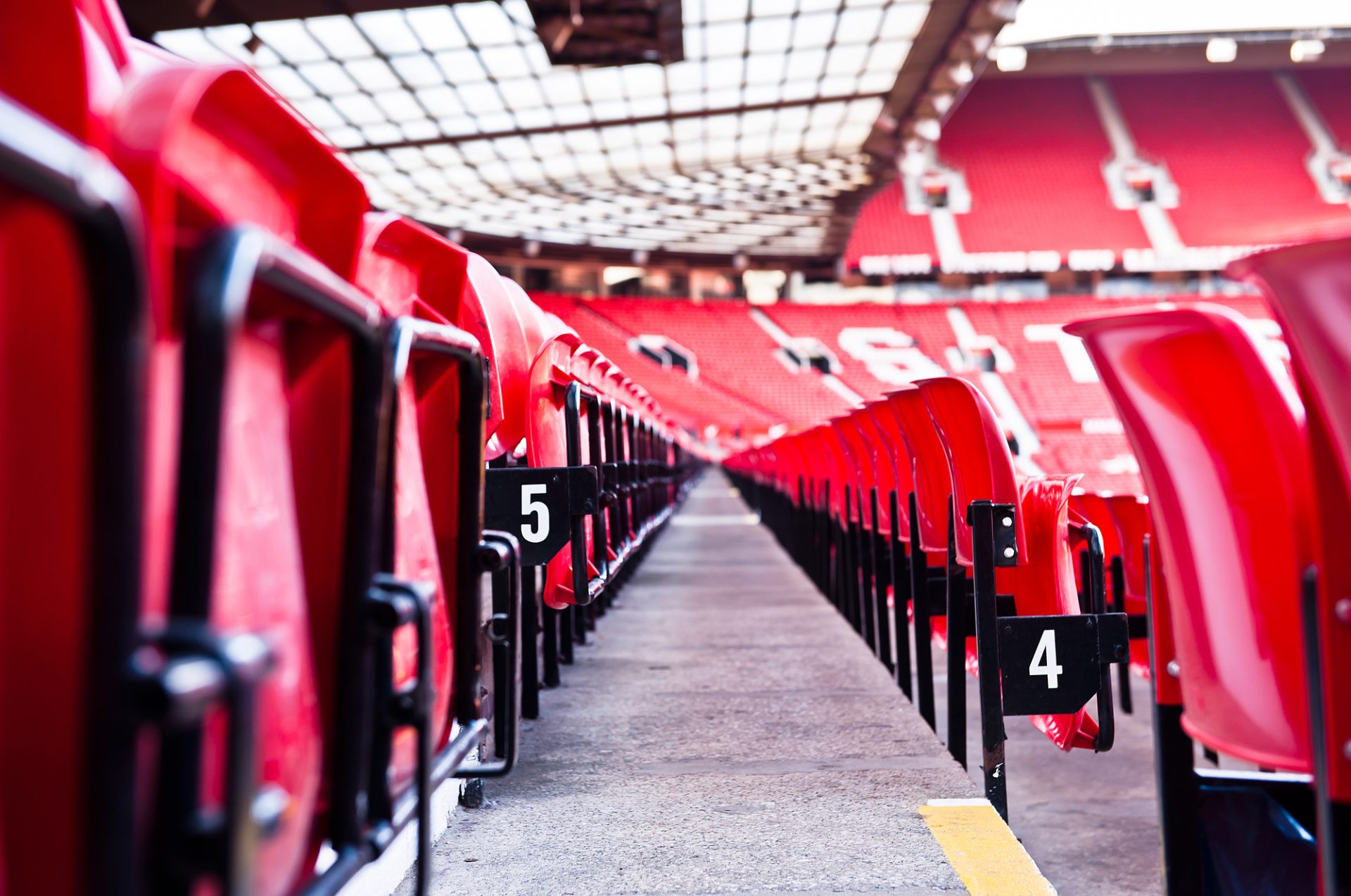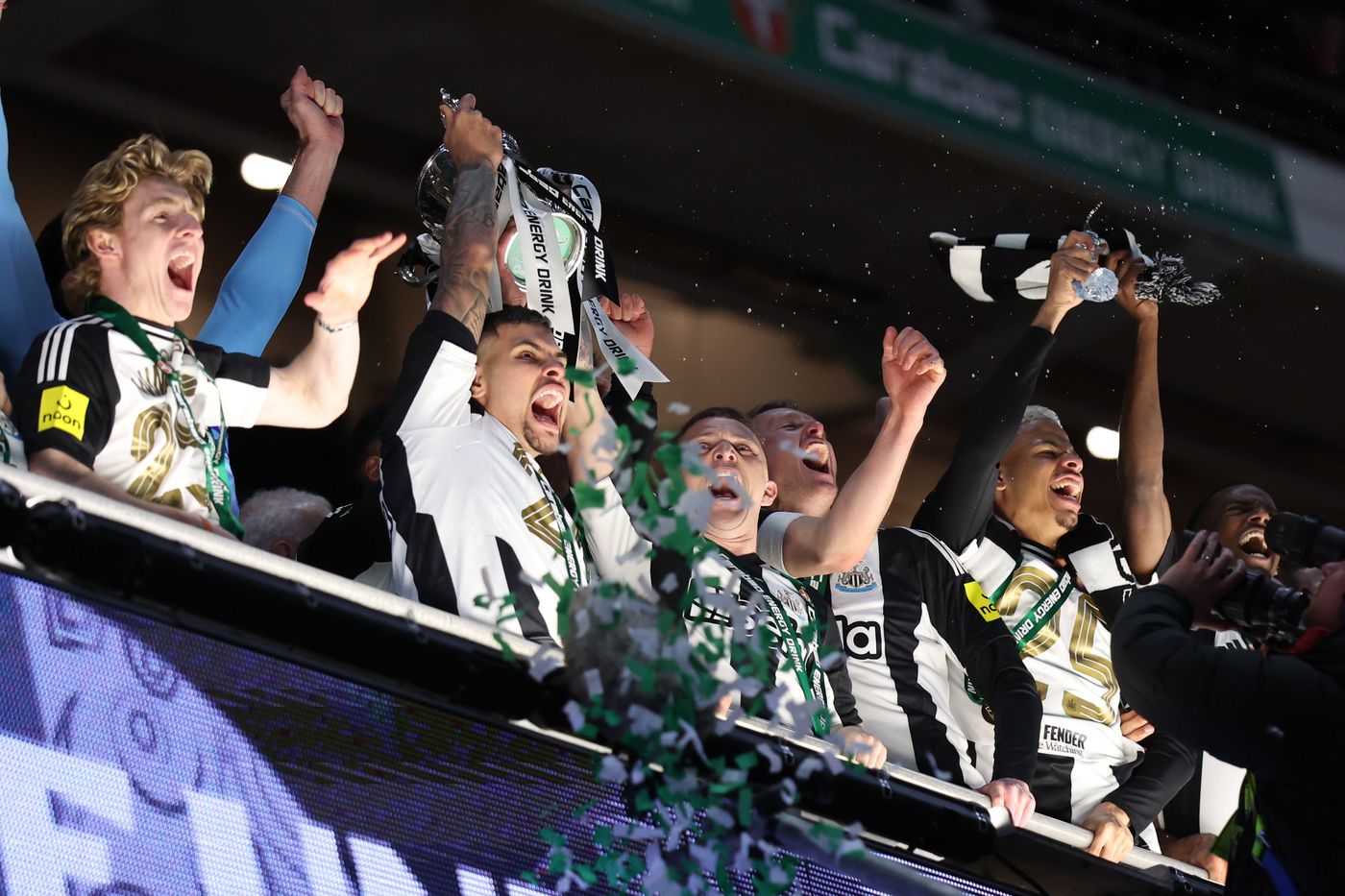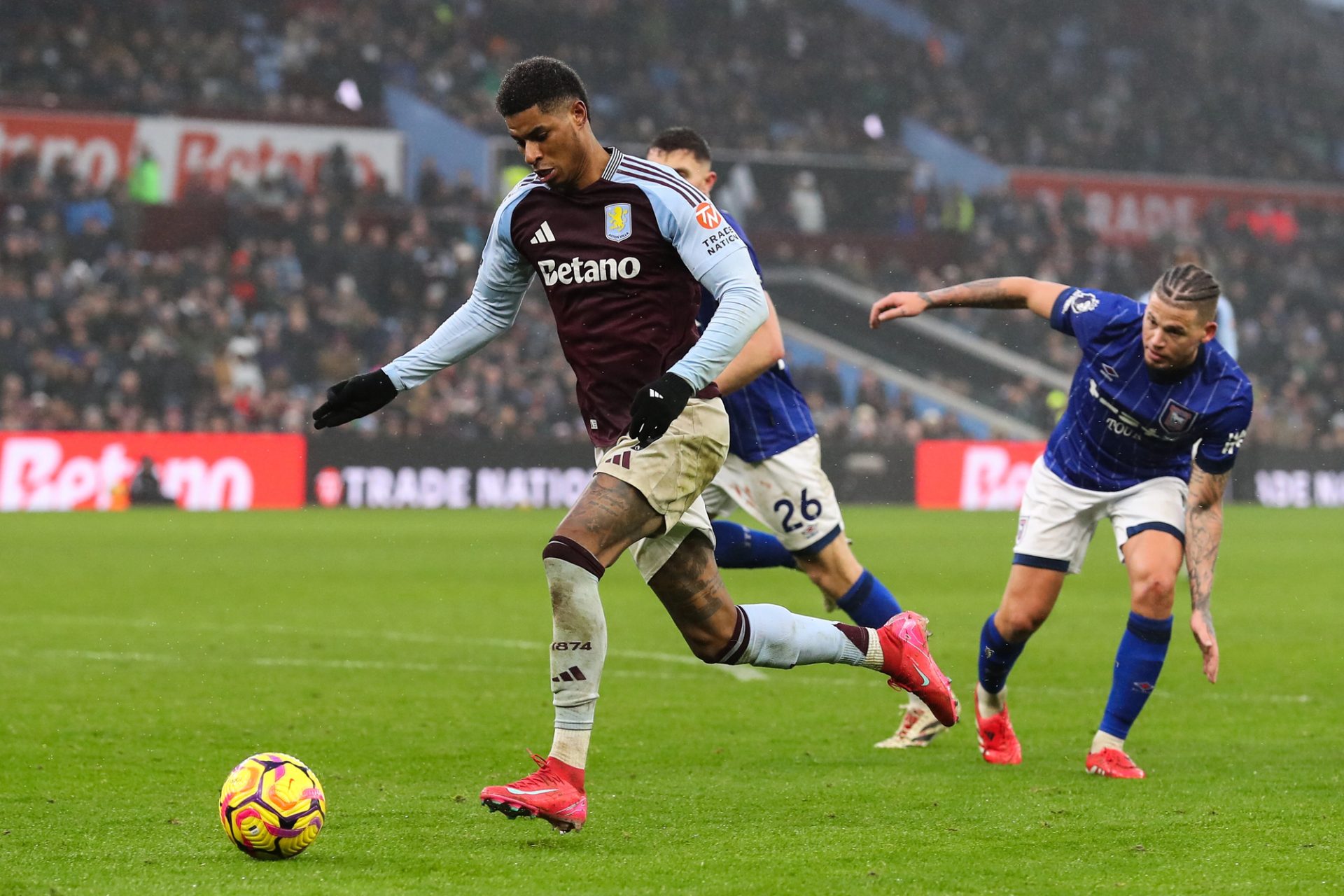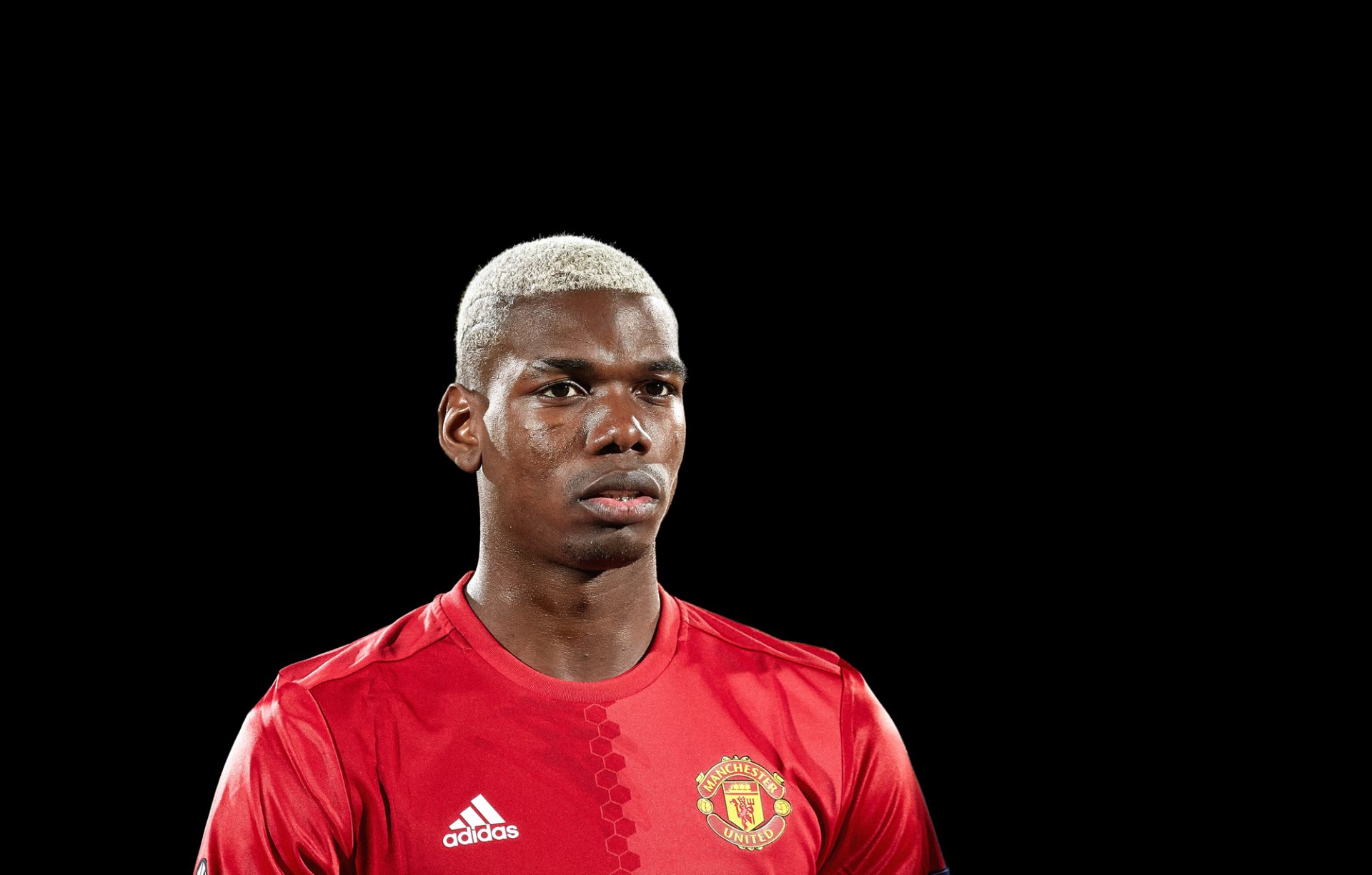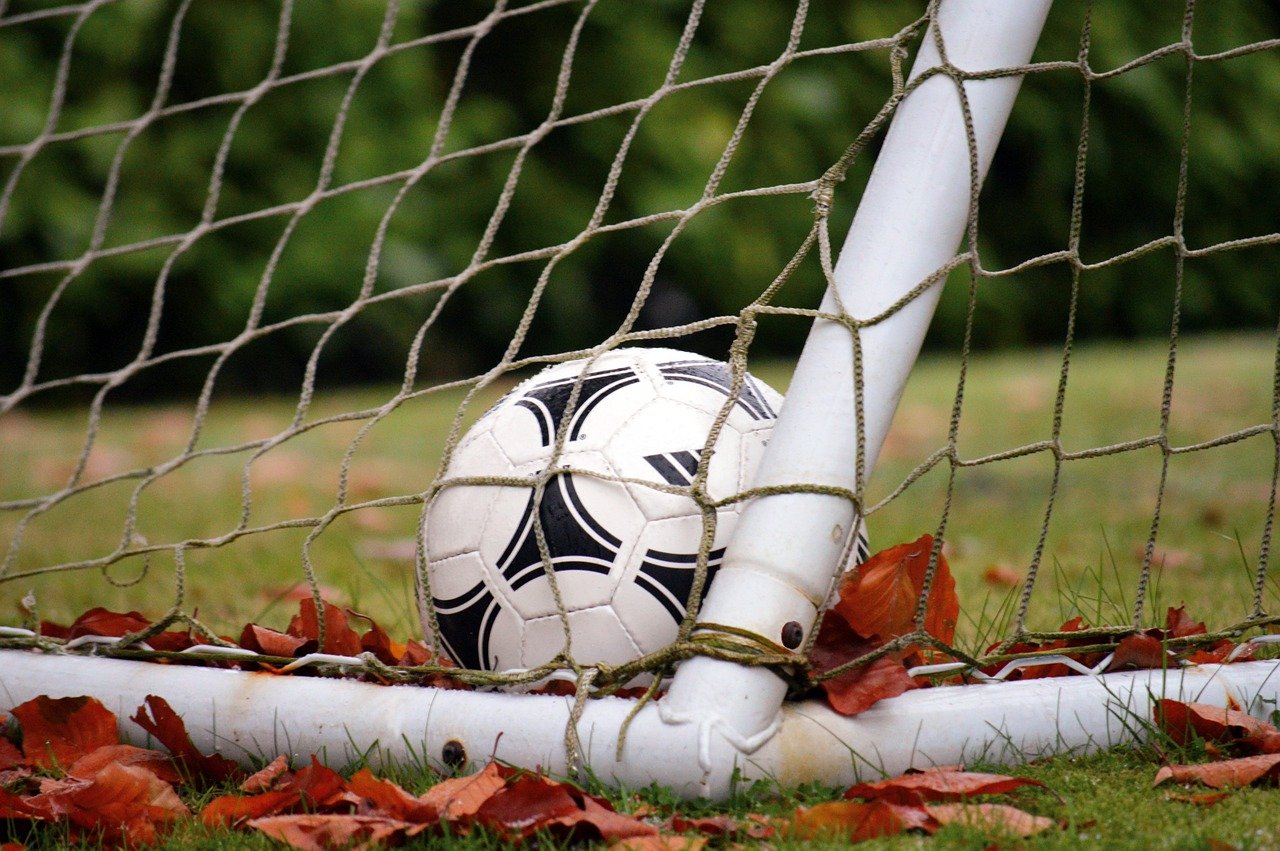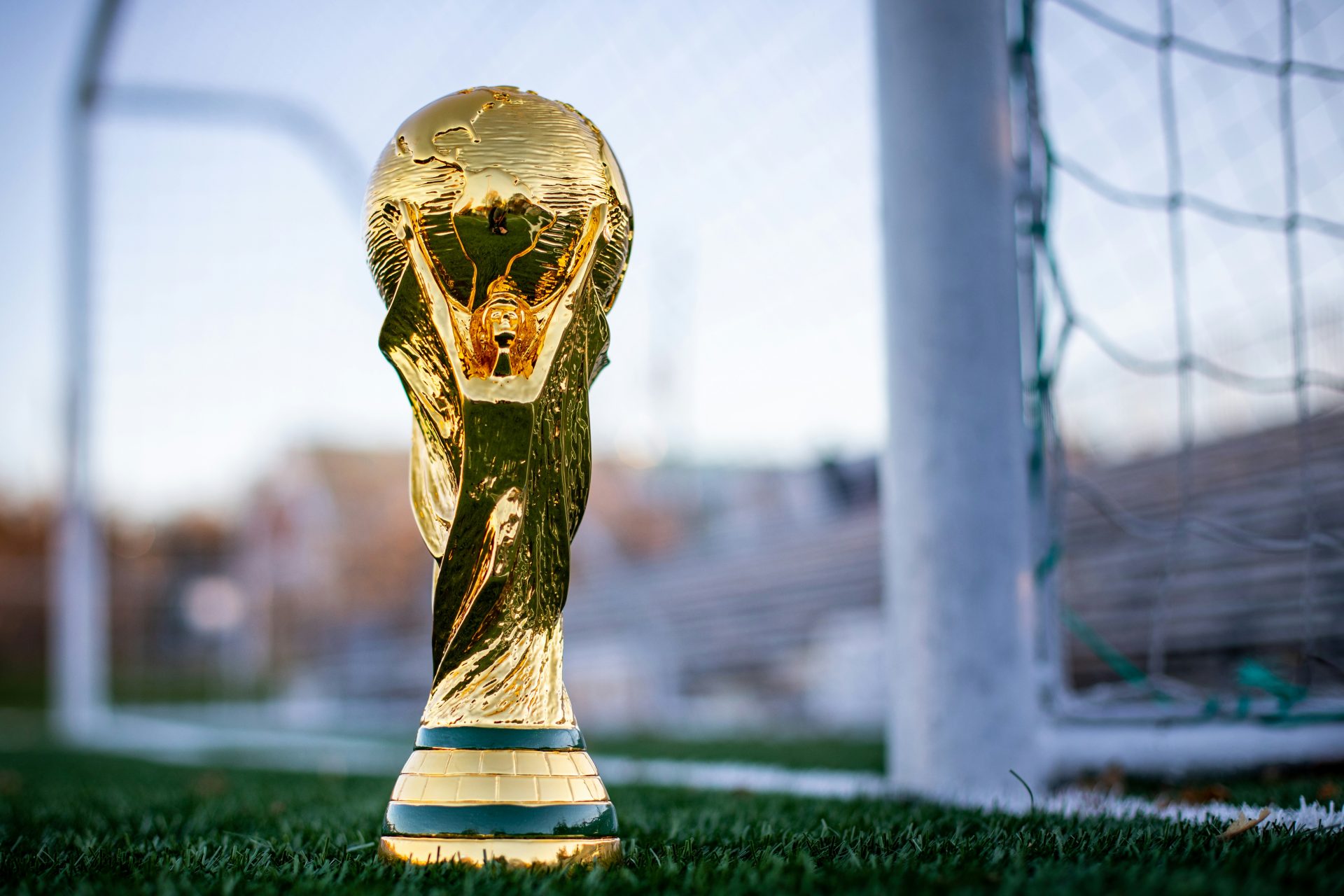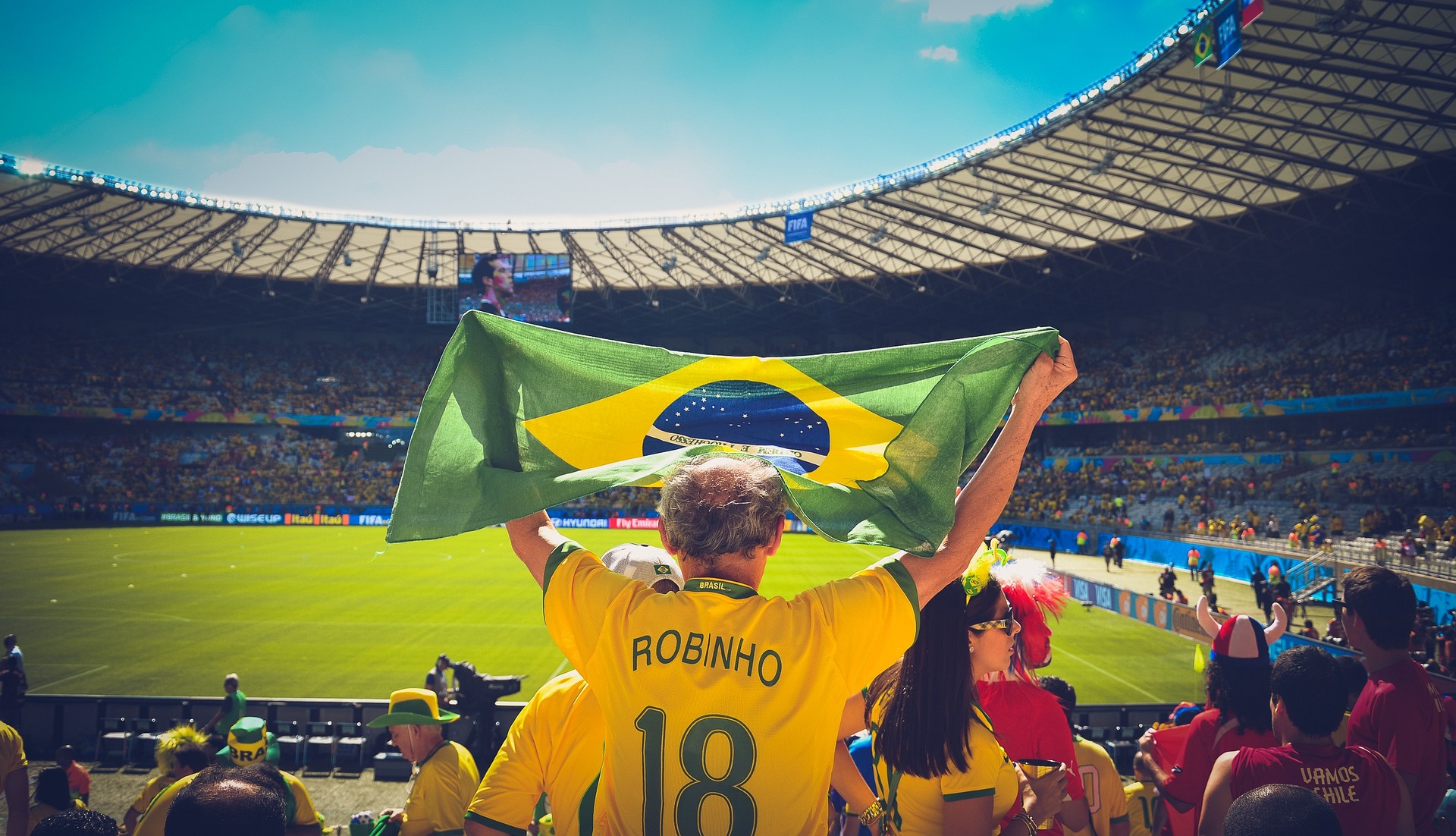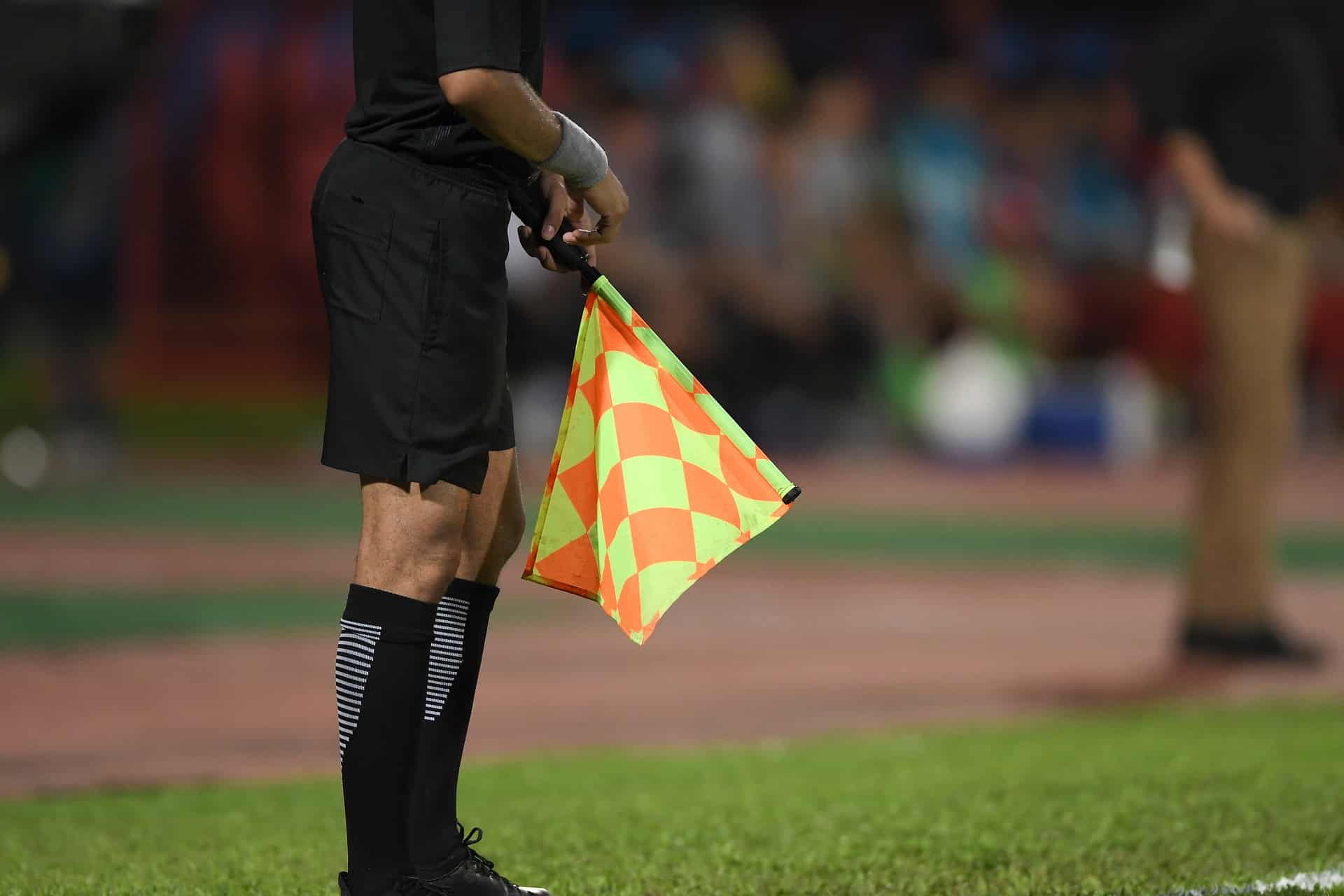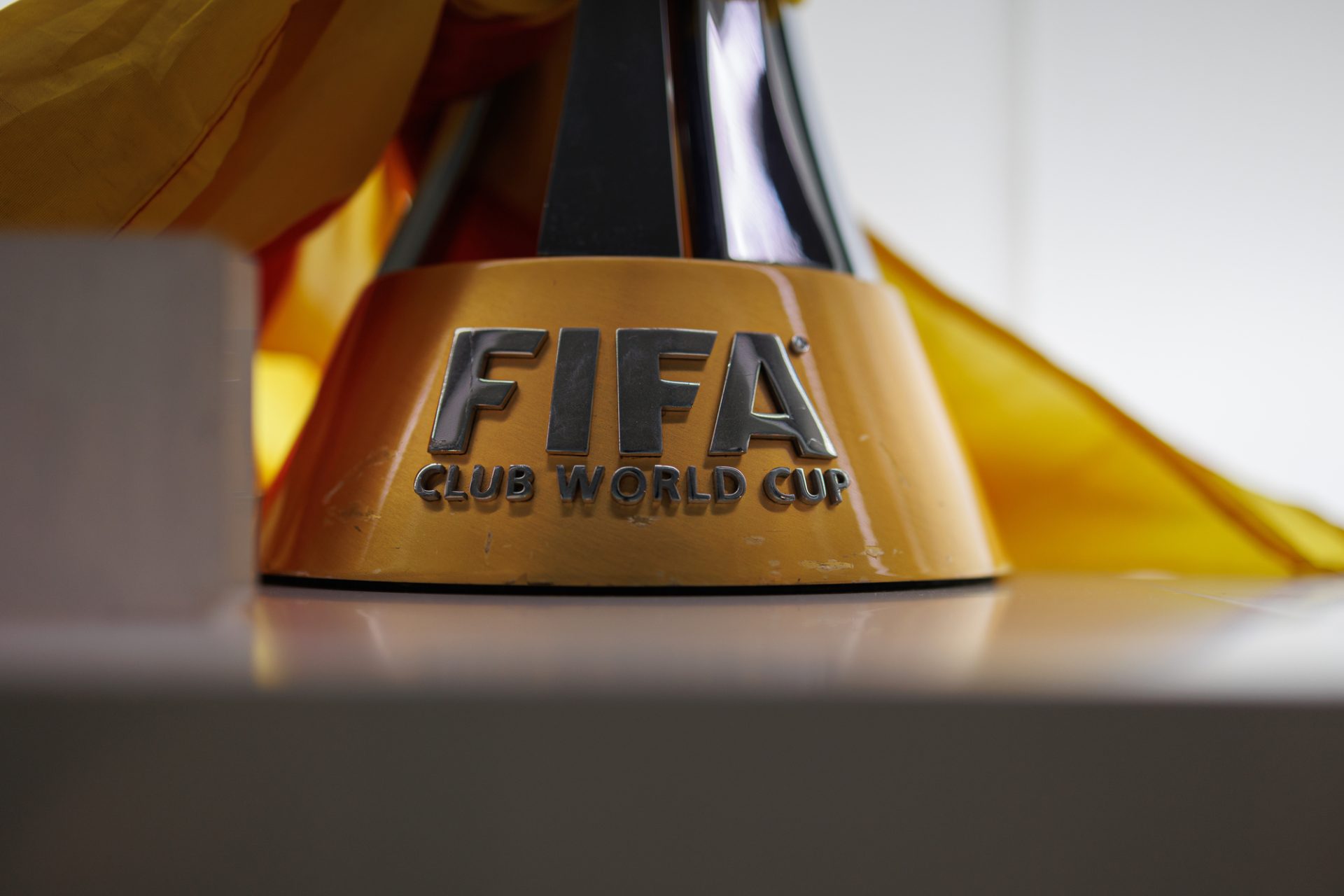How Do You Decide Who Starts with the Ball in Soccer?
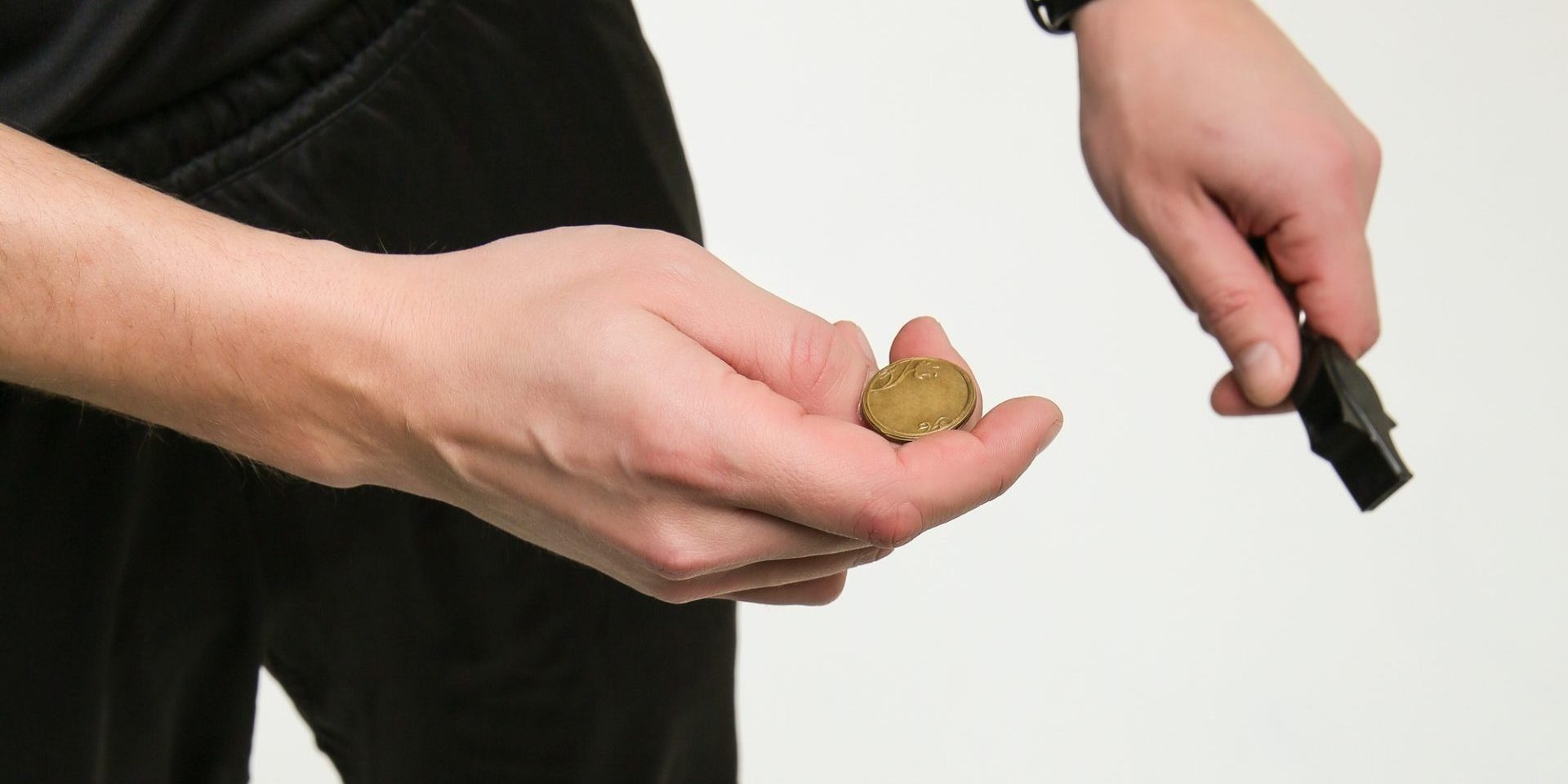
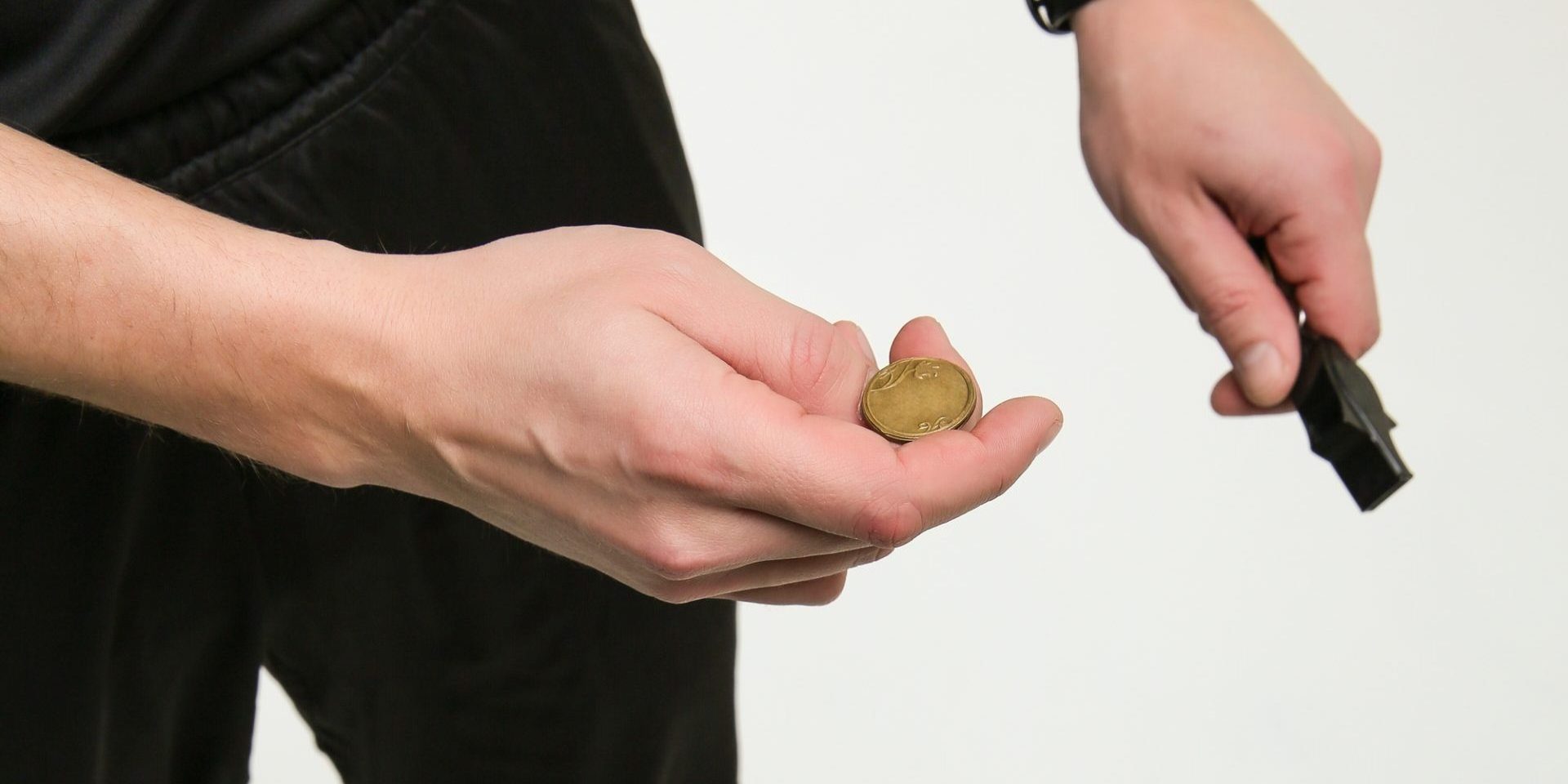
Table of Contents
In soccer, the process of deciding which team starts with the ball is a simple yet important element of the game’s structure. At the beginning of the match, the referee conducts a coin toss in the presence of the team captains. The winner of the toss gets to choose either which goal to defend or the right to start the match with the initial kickoff.
Upon the decision of the coin toss, the match is set into motion with specific rules governing the kickoff. According to FIFA’s Laws of the Game, the ball must be stationary at the center spot and all players, with the exception of the player taking the kickoff, must be on their respective halves of the pitch. Opposition players must remain outside the center circle until the ball is played. The kickoff acts as a ceremonial and strategic starting point for the teams, as they embark on the contest with objectives and tactics in mind.
The International Football Association Board (IFAB), which determines the rules of soccer, maintains that these protocols ensure a fair and equitable commencement of play. These kickoff rules are applied not just at the start of the game but also after halftime and when a team scores a goal, thereby allowing the other team to restart play. Deciding who starts with the ball is therefore both a matter of chance and the beginning of a tactical unfolding that sets the tone for the soccer match ahead.
Initial Determination Process
Before a soccer match begins, the process to decide who starts with the ball is straightforward and consists of a coin toss overseen by the referee and a decision made by the team captains as to which end they prefer to defend or if they want to start with the ball.
Coin Toss Procedure
The coin toss is conducted by the referee in the presence of both team’s captains. The referee flips a coin in the air, and the visiting team’s captain calls heads or tails before it lands. The outcome of the toss determines which team gets to choose either which goal to attack in the first half or the option to start with the ball.
- Referee calls the captains to the center of the field.
- Each captain stands by the referee at the center circle.
- A coin with distinct sides is tossed.
- Visiting team’s captain calls the toss.
- If the visitng team’s captain wins the toss, they choose to either kick-off or pick a goal to defend. If they lose, the home team’s captain makes the choice.
Team Captain Roles
The team captains play a pivotal role in the coin toss and the initial strategy of the game.
- The winning captain must decide whether to kick-off or to choose an end of the field to defend.
- If the winning captain chooses an end to defend, the opposing team gets the kick-off.
- The captain who loses the toss accepts the remaining option.
- Team captains may consider factors such as the direction of the wind or the position of the sun when choosing their end.
- After halftime, teams change ends and the team that did not kick-off in the first half will do so in the second half.
Kick-Off Mechanics
The kick-off is a fundamental part of soccer that marks the start of play in each half and after a goal has been scored. Understanding the positioning of players, the process for starting the play, and the rules governing kick-offs is essential for both players and fans.
Positioning Players
Before the kick-off can take place, all players must be positioned according to specific rules. The team not executing the kick-off must have all their members in their own half of the field, with every player remaining outside the center circle until the ball is in play. The team performing the kick-off should have at least one player in the opponent’s half to legally commence play, and the kicker must be at the center spot.
Starting the Play
To start the play, the referee’s whistle is the cue for the kick-off. The ball, which must be stationary on the center mark, is then kicked forward into the opponent’s half of the field. From this moment, the game is considered live, and players can move freely and pursue the ball.
Kick-Off Rules
The Laws of the Game dictate several important rules for a kick-off. Firstly, the ball must make a forward motion and must not be touched again by the kicker until another player has touched it. Failure to follow this results in an indirect free-kick for the opposing team. Additionally, a goal may be scored directly from the kick-off without another player touching the ball. If a team violates these kick-off rules, the kick-off is retaken.
Restarting the Game
In soccer, the beginning and resumption of play follow specific rules to maintain fairness and order.
After a Goal
Procedure: When a goal is scored, the game restarts with a kick-off from the center spot. The team that conceded the goal performs the kick-off, signaling the shift from defense to attack.
After Halftime
Second Half: To commence the second half, the teams switch sides on the field. The kick-off is taken by the team that did not start the game, ensuring each has equal opportunities to capitalize on field conditions and other environmental factors.
Following Stoppage
Dropped Ball: If a stoppage occurs and no specific restart is outlined by the laws, the referee restarts play with a dropped ball. This involves the referee dropping the ball at the location where it was last in play, with a player from the team in possession at the time of stoppage allowed to resume play.
Free Kicks: Play is also restarted with either a direct or indirect free kick after fouls or infractions. The attacking team is given the chance to resume play unopposed, the approach depending on the nature of the offense.
Infractions and Consequences
In soccer, the rules governing the start of play are clear and infractions during a kick-off have specific consequences. The following outlines these rules and the role of the referee in enforcing them.
Incorrect Kick-Off
At the start of a soccer game, the ball must be kicked forward from the center spot after the referee blows the whistle. The ball is in play once it is kicked and clearly moves. If the player taking the kick-off touches the ball again before another player has touched it, or if the ball is not kicked forward, this constitutes an incorrect kick-off. According to Law 8 of the Laws of the Game, the kick-off is a key procedure that must be executed correctly for the game to begin or continue after a goal.
Infringements Consequences
Should an infringement occur during the kick-off, the consequences are immediate and precise:
- If the kick-off is taken incorrectly: The kick-off is retaken. The match cannot restart with an incorrect kick-off, ensuring fair play.
- In the case of a foul or misconduct at kick-off: A free kick or penalty kick may be awarded by the referee. The type of kick-off infringement dictates whether a direct or indirect free kick is given.
- Persistent infringement: Players who repeatedly commit kick-off violations can be cautioned with a yellow card or sent off with a red card for persistent misconduct.
If the ball enters the goal directly from the kick-off without touching another player, and the kick-off procedure was followed incorrectly, a retaken kick-off is awarded to the opposing team. The objective of these rules and their enforcement by the referee is to maintain the game’s integrity from start to finish.
Position and Ball Control
In soccer, the initial control of the ball can set the tone for how the game unfolds, impacting both team’s strategies for defense and attack. It involves a complex interplay of securing advantage and strategic play.
Securing Advantage
To gain initial control, teams often designate players with excellent ball-handling skills to partake in the soccer kickoff. The team winning the coin toss decides which goal it will attack in the first half and the other team is awarded the kickoff to start the match. The position of the players and the ball at the moment of kickoff is critical: all players must be on their own half of the field and the opposing team must be outside the center circle. The goalkeeper usually positions himself within the penalty area, close to the goal line. The team that starts with the ball aims to maintain possession and quickly establish a position of strength on the field of play.
- Kickoff Strategy:
- Coin toss winner chooses goal to attack.
- Other team performs kickoff.
- Players positioned on their half; opponents outside the center circle.
- Goalkeeper in or near penalty area.
Strategic Play
After the kickoff, technical ball control becomes crucial. Possession is vital as teams seek to create opportunities to attack and score or to effectively defend against the advances of their opposition. In conjunction with possession, positioning determines not just individual prowess but collective team strength. Coordinated plays and movement off the ball are strategic efforts to control the tempo and impose the team’s play style on the match.
- Positioning Objectives:
- Maintain close control for attacking opportunities.
- Ensure defensive stability against counter-attacks.
- Use controlled passing to manage the pace of the game.
- Position strategically to exploit spaces and create scoring chances.


